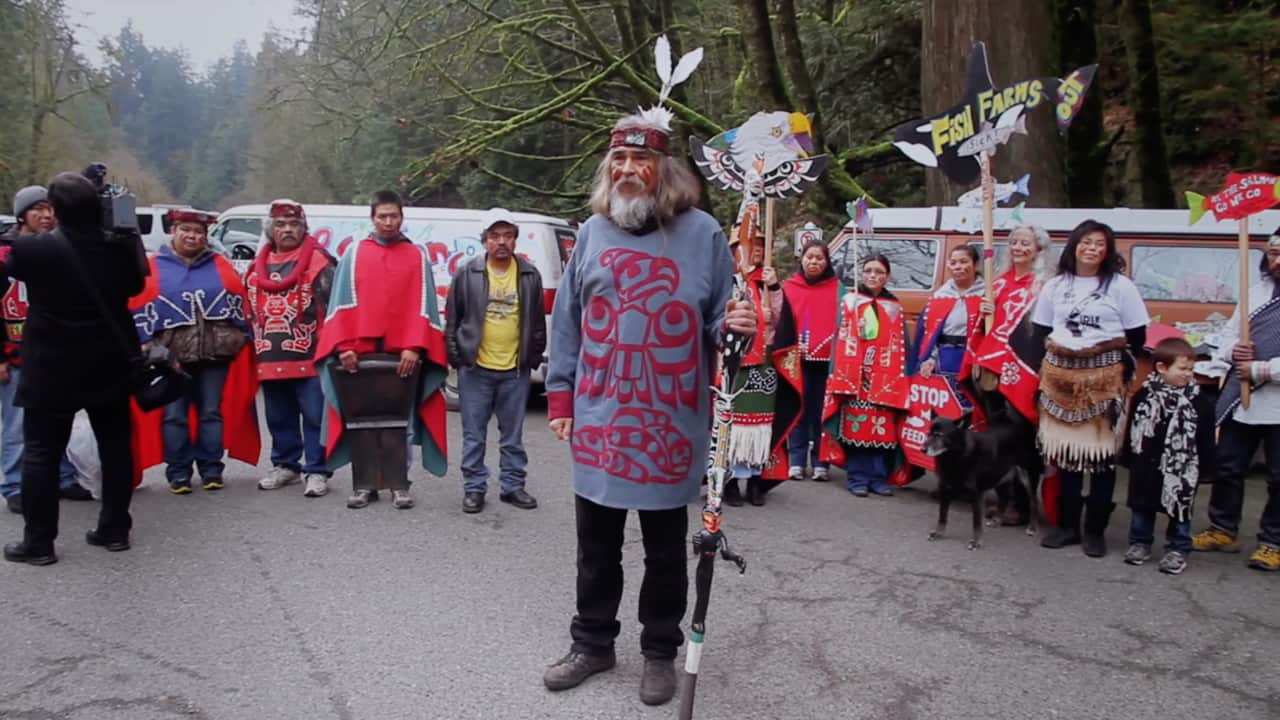If you can learn something about an artist through the works they produce, then the masks created by Kwakwaka'wakw man, Beau Dick will tell you of a mystic and a shaman committed to honouring his culture.
The late artist is the subject of the documentary Maker of Monsters: Meet Beau Dick, a moving feature which follows his life, career and activism.
Born Benjamin Kerry Dick on Vancouver Island, British Columbia in 1955, he first learnt the art of traditional woodcarving from his father and grandfather at just six-years-old. As he grew older, he eventually gained master carvers such as Tony Hunt and Doug Cranmer as mentors.
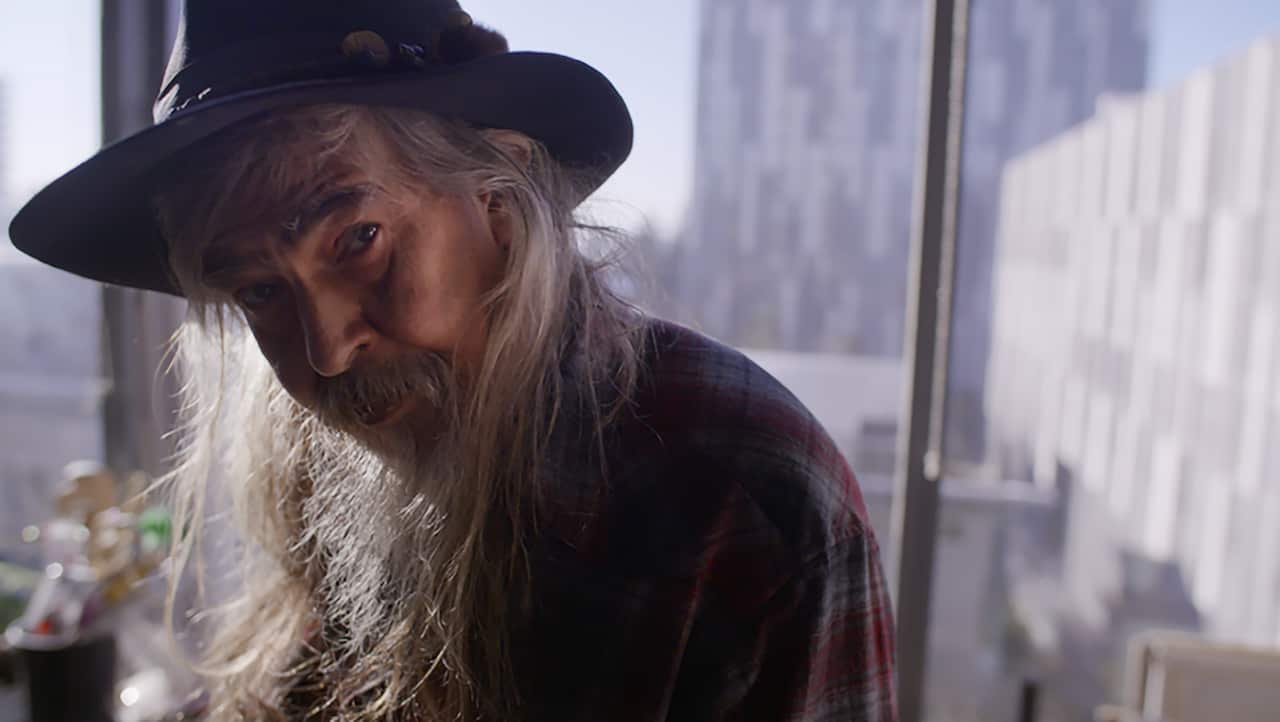
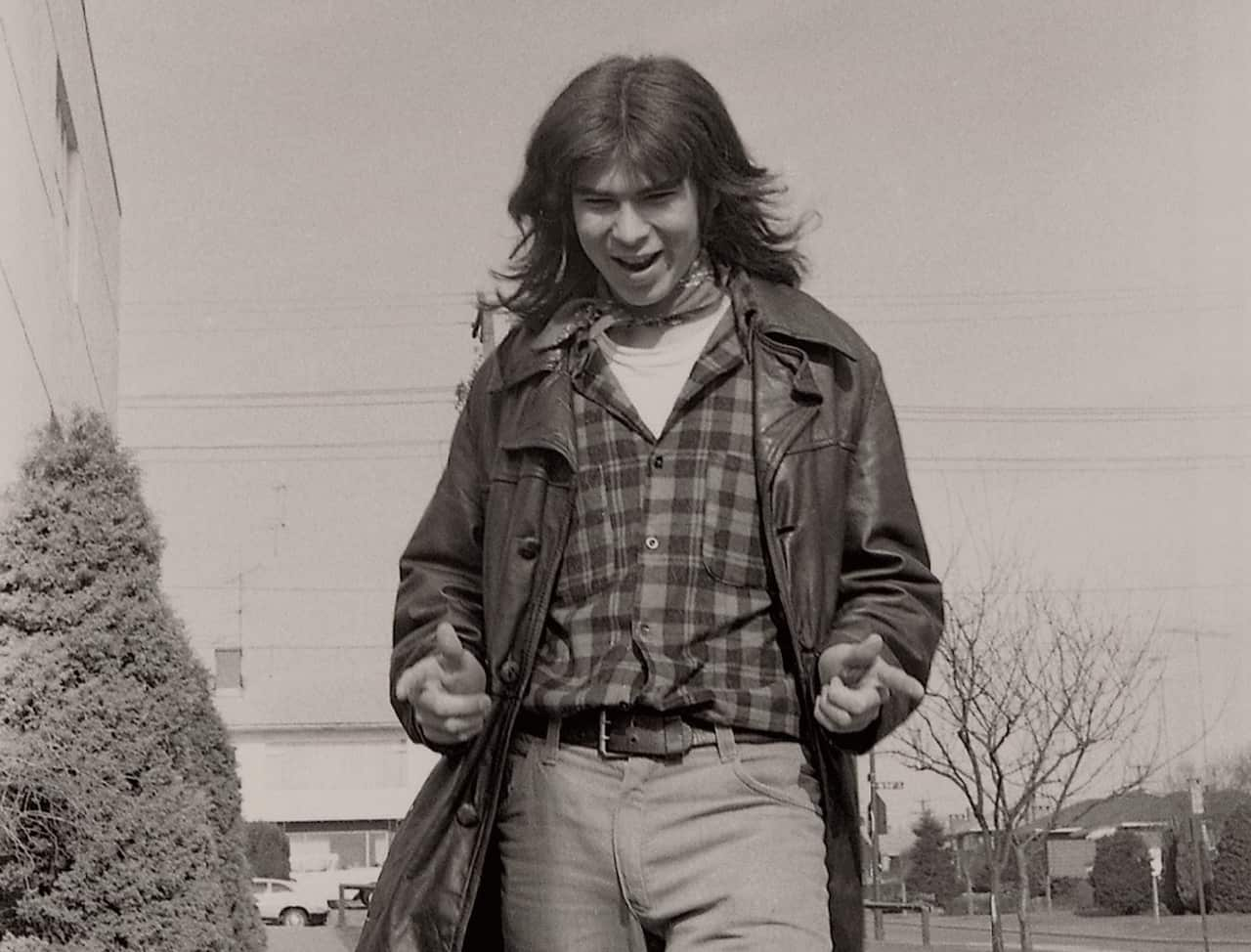
While his carving work began as an assistant to his family in creating totem poles — one of which remains among the world's tallest — Dick's calling lay in making masks.
His talent for combining traditional Indigenous techniques with contemporary influences such as Japanese anime, Mexican art and even European greats such as Da Vinci, makes him a standout in the art world, with critics citing him as 'one of the most important artists since contact'.
As art gallery owner LaTiesha Fazakas asserts in the documentary, 'anyone that has encountered a piece of Beau's immediately has an emotional reaction to it'. This is clear, even through a screen.
It's impossible to look at one of his masks and not be moved. The transportive effect of his work gained him a reputation as being not just an artist, but as a shaman and a conduit of the spirit world to the earthly realm, with his works not only being acquired for exhibitions and private collections, but also used for ceremonial practices.
A part of Beau's family heritage is the tradition of a 'potlatch': 'a gift-giving feast practised by Indigenous peoples of the Pacific Northwest Coast of Canada and the United States, among whom it is traditionally the primary economic system'.
This tradition was banned after European contact as part of colonisation. Today, what was once driven underground has gradually been given a new life and a revival amongst First Nations communities and it's there in his community that his craftsmanship was really brought to life.
With a rare glimpse into this tradition, we see the difference of masks made for sale and masks made for ceremony (called 'atlakim') and have a very specific purpose.
"Their lifetime is four times dancing around the fire and they’re recycled," Dick describes in an interview.
"What I mean is that they’re sent back to the spirit world where they came from. The greatest thing about it is that once they’re burned, we carve them again.”
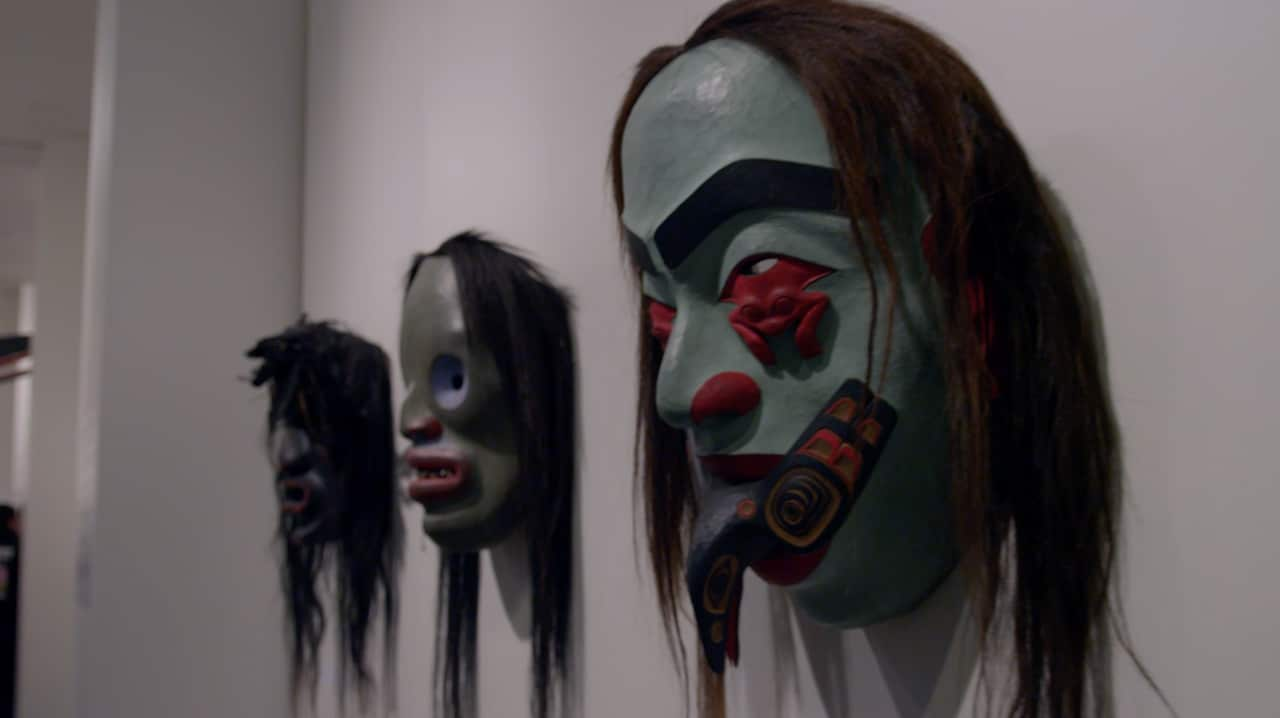
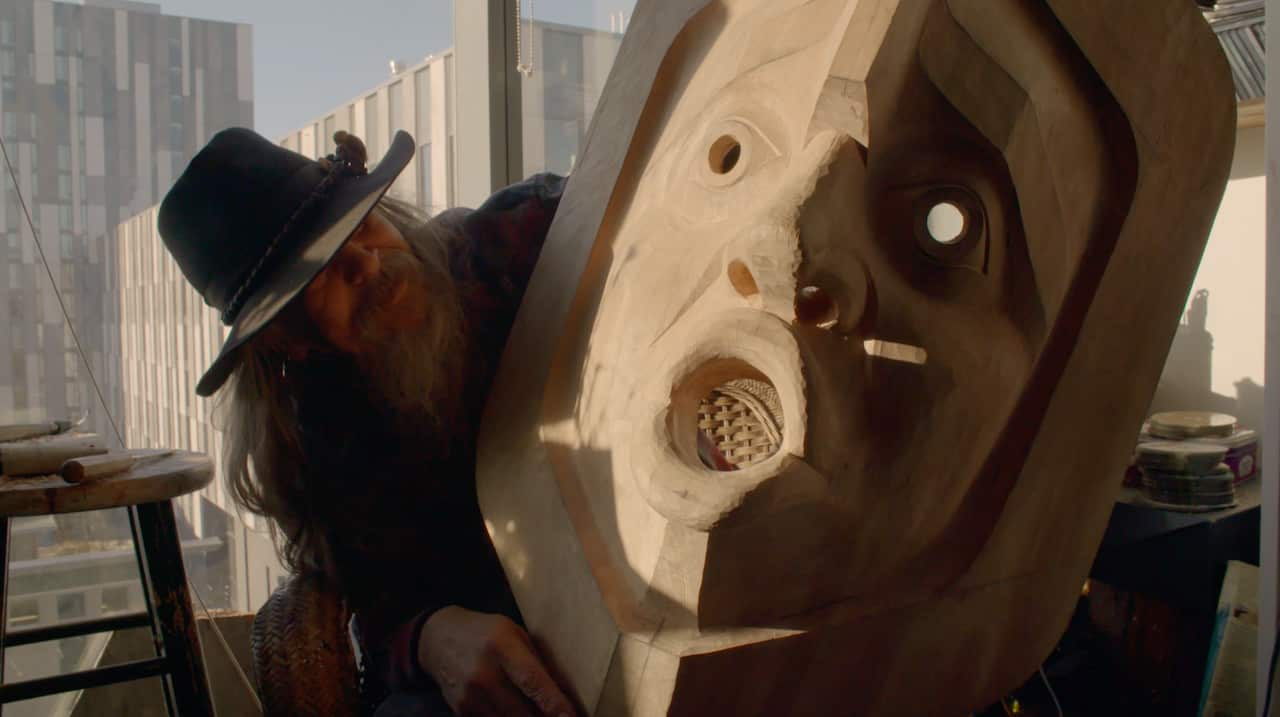
In his own words, what Dick reveals through the documentary is his connection and belief in the interconnectedness of nature and the animal world to his own culture and humanity as a whole, making this not only a journey in to an artistic genius realm, but a commentary about the fight for the environment and the impact of cultural genocide.
Featuring Dr David Suzuki, Dick's two daughters and other activists, audiences are given an insight into the basis of First Nations belief systems and the fight to convince the Canadian government to listen to the voices of the traditional custodians of the land.
As Dr Suzuki, a geneticist points out, humans are not genetically that different from all of the natural world that surrounds us.
"You treat them very differently when you realise that the plants and animals are our relatives, as First Nations people have always understood and describe." He explains.
This belief that you can see clearly underpins much of the artists work throughout his career.
The impact of Canada's residential schools, which Dick's own mother was sent to, is also touched on and footage of a traditional ceremony, the copper-cutting performed by the late artist on the steps of government demonstrates how the man was deeply, and humbly committed to ensuring the survival of the values of his people.
Dick also struggled with addiction. A form of survival which was achieved through a journey to sobriety. These depths of his own struggles and his wider community, form the basis of the legacy of the artist.
Beyond the physical representation of his art, in the words of the many whose lives that he touched, whether as a woodcarver, fellow activist, teacher or father he will be remembered as a powerful voice for his people, a 'storyteller' and a charismatic, mischievous mystic whose ability to transport others will live on through his work.
The acclaimed documentary Maker of Monsters: Meet Beau Dick airs Tonight, 9.30am on NITV (Ch. 34) and is available on SBS On Demand.
